Good preparation is the key to smooth certification. While assessment to MSC Fisheries Standard is carried out by accredited third-party certification bodies, we are here to help you before, during, and after the process.
Can my fishery be certified?
MSC certification is available to all wild-capture fisheries, regardless of their size, scale, ecology, geography, or technology.
These include single species, multi-species, trawl, long line, hand raked, pots, freshwater, marine, inshore, offshore, demersal, pelagic, and enhanced fisheries.
Which fisheries can't be certified?
Ineligible fisheries are those that:
- target amphibians, reptiles, birds and/or mammals
- Uue destructive fishing practices (such as poison or explosives)
- have been successfully convicted for forced labor violations within the last two years
- are conducted under a controversial unilateral exemption to an international agreement
- are purely aquaculture (although some forms of enhanced fishery are eligible for assessment)
- Have been convicted of shark finning violations within the last two years
Can enhanced fisheries be certified?
Yes.
To be eligible for MSC certification, enhanced fisheries must meet criteria based on:
- The link to and maintenance of a wild stock
- How the fish are fed and looked after
- The impact the enhanced fishery has on the habitats and wider ecosystem.
Who assesses the fishery?
Assessments are conducted by accredited independent certifiers - Conformity Assessment Bodies (CABs).Full list of CABs for MSC assessments
What are the costs?
Certification is paid for by the fishery client. The MSC does not receive payment, only the certification body you have chosen. Anecdotal information from certified fisheries suggests the cost can vary from USD $15,000 - $120,000.
The cost will depend on:
- The complexity of your fishery
- The availability of information
- The level of stakeholder involvement
How long will it take?
Assessment against the MSC Fisheries Standard can take 12 to 18 months.What if my fishery has limited data?
Small scale and developing country fisheries may not have access to the detailed research data that underpins an MSC assessment. The MSC has developed a framework for these fisheries called the Risk Based Framework.Can we get help to become certified?
You will need to budget to cover the cost of each key stage of MSC certification. Depending on where your fishery is located, there may be grants that you can apply for. Your local MSC representative can advise you on what is available and how to apply.The MSC also has developed tools and technical assistance to help your fishery make the improvements required to meet the standard. An increasing number of fisheries are making the changes to become sustainable with the hope of achieving certification. This has led to considerable growth in organized efforts to improve fisheries, often called Fishery Improvement Projects (FIPs).
What are the stages of MSC certification?
How are fisheries scored?
Fisheries are scored against the three principles of the MSC Fisheries Standard:
- Principle 1, Sustainability of the stock: fisheries must operate in a way that allows fishing to continue indefinitely, without overexploiting the resource
- Principle 2, Ecosystem impacts: Fishing operations need to be managed to maintain the structure, productivity, function and diversity of the ecosystem upon which the fishery depends, including other species and habitats
- Principle 3, Effective management: All fisheries need to meet all local, national and international laws and have an effective management system in place
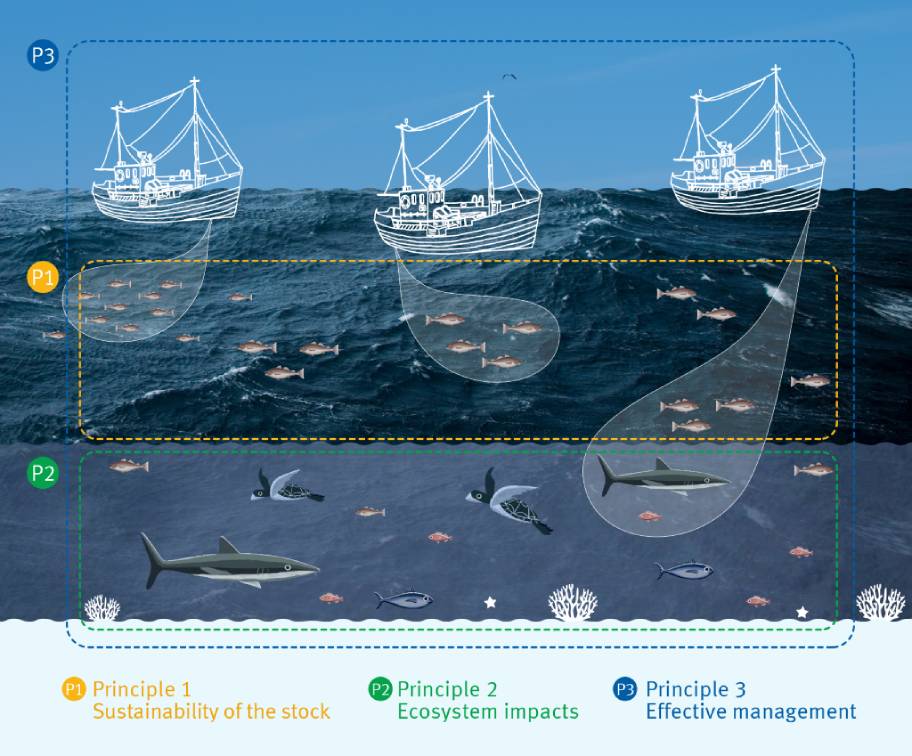
Performance indicator scoring
There are 25 performance indicators that sit under the three principles of the MSC Fisheries Standard.
Your fishery will be assigned a score for each performance indicator, where 60 is the minimum acceptable performance, 80 is global best practice and 100 is state of the art performance
To become certified, your fishery must score at least 60 for each of the 25 performance indicators. If your fishery scores between 60 and 79 for any performance indicator, you will be required to take appropriate action as a condition of certification. This action needs to improve the performance of your fishery so that it scores 80 or above for that indicator. The timeframe to make these improvements is typically five years or less.

Principle average scoring
Your fishery must also score an average of 80 across all performance indicators under each of the three principles.
What happens after certification?
You will join a collective of over 600 engaged fisheries, supplying the world with over 20,000 sustainable seafood products.Your certifier is required to carry out audits every year of the five-year certification period. Audits will examine any significant changes that might have occurred either in the physical environment or in the management of the fishery.
Promoting your certified sustainable seafood
Now your fishery is certified, your clients may wish to also consider getting Chain of Custody certified so your catch can carry the MSC blue fish label.The MSC Chain of Custody Standard gives assurance that products bearing the MSC blue label can be traced to an MSC certified fishery.
Ready for the next step?
Americas Fisheries Team

Fisheries Outreach Manager, US East

Fisheries and Commercial Manager, Canada East
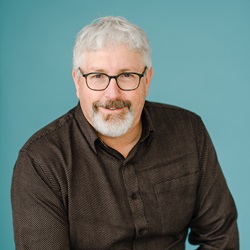
Americas Fisheries and Stakeholder Engagement
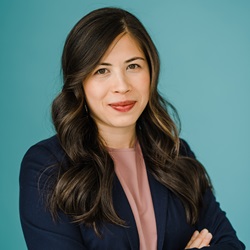
Fisheries Outreach Manager, Western US
)-(2).tmb-thumb250.png?Culture=en-US&sfvrsn=8366979f_1)
Fisheries Consultant, Mexico
).tmb-thumb250.png?Culture=en-US&sfvrsn=28efe532_1)
Fisheries Outreach Manager, South America

Senior Manager, Fishery Partnerships, US

Fisheries and Commercial Manager, Canada West

Senior Fisheries Manager, South America
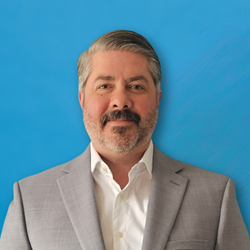
Alaska Fisheries Outreach Manager

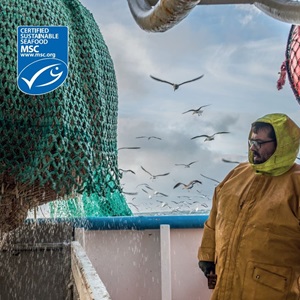

.tmb-thumb300.png?Status=Master&Culture=en-US&sfvrsn=e6a3bb14_1)